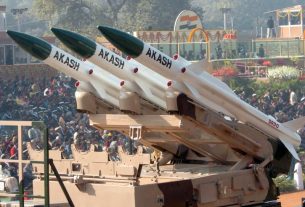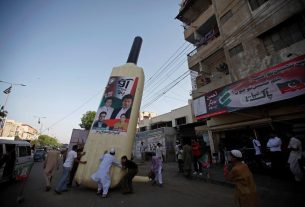Islamabad — Pakistan has engaged two prominent U.S. law firms, Wilkie Farr and Gallagher, and White & Case, to represent it in a legal dispute at the International Court of Arbitration. This action comes as Iran seeks to compel Pakistan to fulfill its obligations under a gas pipeline agreement, potentially exposing Islamabad to penalties as steep as $18 billion.
The roots of this conflict trace back to a gas sales and purchase agreement (GSPA) signed in June 2009. Under this deal, Pakistan was to receive up to a billion cubic feet of gas per day from Iran’s South Pars Field, intended to alleviate the country’s chronic energy shortages. However, construction on the pipeline within Pakistan has not commenced, largely due to concerns over U.S. sanctions that could be triggered by engaging with Iran.
In August, Iranian officials issued a final notice to Pakistan, signaling their intent to pursue arbitration in Paris if the matter remains unresolved. This ultimatum followed years of stalled progress; despite Iran completing its portion of the pipeline in 2011, Islamabad has repeatedly delayed construction, citing the complexities of international sanctions.
Pakistan’s challenges have been compounded by the geopolitical landscape. In 2014, Islamabad requested a ten-year extension on the project deadline to mitigate penalties, which would have begun accruing at $1 million per day. As the extension period neared its end in early 2024, the interim Pakistani government hastily approved a plan for an 80-kilometer stretch of the pipeline leading to the strategic port of Gwadar in Balochistan. Yet, no construction has commenced, raising questions about Pakistan’s commitment to the project.
Recent statements from Pakistani officials, including Petroleum Minister Musadik Malik, underscore the difficulties posed by U.S. sanctions. Malik acknowledged the “deeply complicated matter” but refuted claims of a looming $18 billion penalty without providing a clear alternative figure. Just hours prior, U.S. State Department spokesperson Matthew Miller reiterated Washington’s firm stance on enforcing sanctions against Iran, cautioning any potential business dealings with Tehran.
Despite occasional signals from Pakistan indicating a willingness to proceed with the project, no actionable steps have been taken publicly or operationally. The country remains in a precarious position, as it can only proceed with pipeline construction if it secures a sanctions waiver from the U.S. — a waiver that Islamabad has yet to obtain.
As this legal battle unfolds, it highlights the intricate interplay of regional energy needs, international diplomacy, and the far-reaching impact of U.S. sanctions on bilateral agreements in South Asia.





